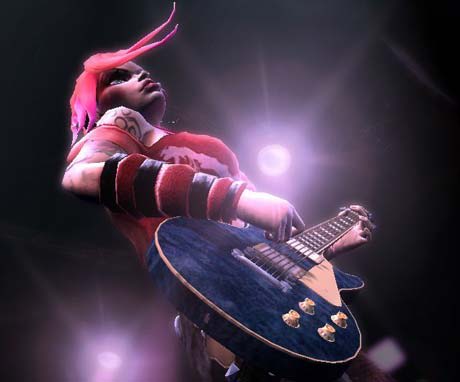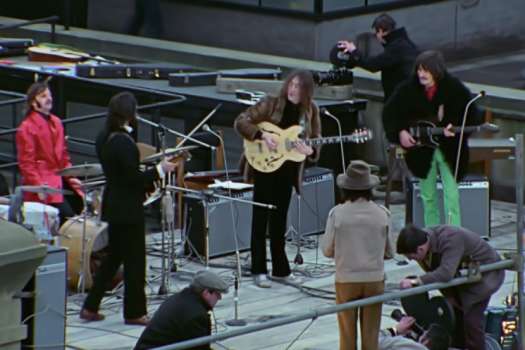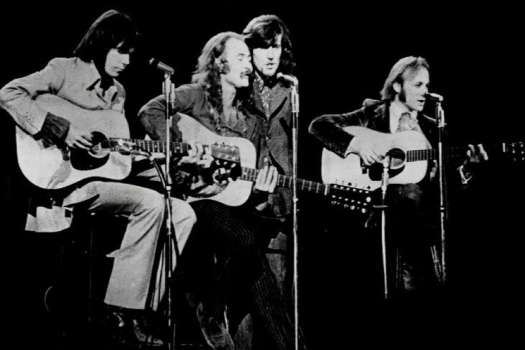As we all know, the electronic dispersal of music is a shady area. Independent musicians want to do it for free in order to hook fans. Major corporations such as record labels want to charge a fee for it. Hell, they are in the business of making money, right? Well, now another group is striving to stick their fingers a bit deeper into the pie, claiming it's for the benefit of their members.
ASCAP, the American Society of Composers, Authors and Publishers (the U.S. equivalent to SOCAN in Canada), is an agency that collects royalties on behalf of musicians. And as Techdirt reports, they're going after those public establishments who offer patrons the chance to play the videogame Guitar Hero, citing that as "performances of registered songs."
In essence, ASCAP is demanding that any venue wishing to offer Guitar Hero competitions or nights must purchase a licence to do so. One U.S. bar in particular has been singled out by the organization, who are asking the owner to now pay a licensing fee. The owner has argued that "patrons are paying for the entertainment of the game not for the listening value of the music."
ASCAP has retaliated that the true value is found in the songs themselves and therefore songwriters are entitled to a cut. This, of course, negates the fact that those same songwriters were probably paid a king's ransom by game owner Activision in the first place.
To help explain a bit about licensing, if a bar or club wants to play music, they have to pay an annual fee for the right to do so. The society then divides that fee amongst members based on who/how often they think songs are played, not an actual tally. Seems rather arbitrary, doesn't it?
As history has proven, when faced with the demand to buy a licence from a musician's society in order to feature live music, most venues opt out. That reduces the number of bars bands can play at and diminishes their profits via tickets, door and/or merchandise sales. Common consensus is that with this new threat imposed, bars will also drop the game, yet again resulting in fewer people hearing the music.
It is also generating concern as to exactly who's interests ASCAP is watching out for.
Imagine if this guy had have put his time and effort into playing a real instrument:
ASCAP, the American Society of Composers, Authors and Publishers (the U.S. equivalent to SOCAN in Canada), is an agency that collects royalties on behalf of musicians. And as Techdirt reports, they're going after those public establishments who offer patrons the chance to play the videogame Guitar Hero, citing that as "performances of registered songs."
In essence, ASCAP is demanding that any venue wishing to offer Guitar Hero competitions or nights must purchase a licence to do so. One U.S. bar in particular has been singled out by the organization, who are asking the owner to now pay a licensing fee. The owner has argued that "patrons are paying for the entertainment of the game not for the listening value of the music."
ASCAP has retaliated that the true value is found in the songs themselves and therefore songwriters are entitled to a cut. This, of course, negates the fact that those same songwriters were probably paid a king's ransom by game owner Activision in the first place.
To help explain a bit about licensing, if a bar or club wants to play music, they have to pay an annual fee for the right to do so. The society then divides that fee amongst members based on who/how often they think songs are played, not an actual tally. Seems rather arbitrary, doesn't it?
As history has proven, when faced with the demand to buy a licence from a musician's society in order to feature live music, most venues opt out. That reduces the number of bars bands can play at and diminishes their profits via tickets, door and/or merchandise sales. Common consensus is that with this new threat imposed, bars will also drop the game, yet again resulting in fewer people hearing the music.
It is also generating concern as to exactly who's interests ASCAP is watching out for.
Imagine if this guy had have put his time and effort into playing a real instrument:




